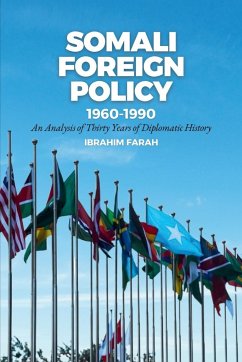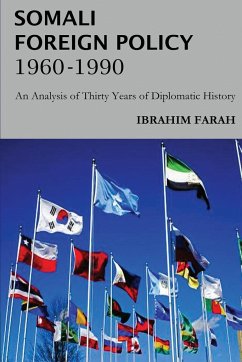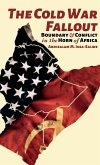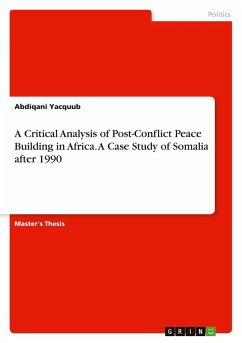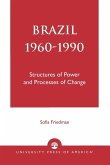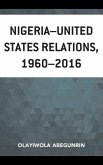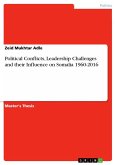"An important segment of Somalia's strategic history, and that of the Horn of Africa region, which clearly deepens a demand for its sequels." - Prof. Makumi Mwagiru. ABOUT THE BOOK:SOMALI FOREIGN POLICY, 1960-1990: An Analysis of Thirty Years of Diplomatic History uses theories of state behaviour to interrogate Somali foreign policy during the years between independence in 1960 and state collapse in 1991 and connects this to the dynamics of the civil war and the conflicts that followed the state collapse. The book is an important contribution to the issue of the Somali state collapse and its cascading impacts on the country, including its foreign policy. It also answers a number of questions on inter-state conflicts in Africa and the ways in which armed conflicts on the continent arise from a combination of internal and external factors. This book provides a detailed examination of the key events, policies, and challenges that shaped Somalia's interactions with the region and the world, using theories of state behaviour to interrogate Somali foreign policy during the years between independence in 1960 and state collapse in 1991. The book begins with an introductory overview, setting the stage for the in-depth analysis that follows. It then delves into the complex relationship between foreign policy and conflict, focusing on Somalia's role in the region and the historical context of conflicts within the country. The core of the book is divided into two main sections, each covering a distinct period in Somali foreign policy. The first section, spanning from 1960 to 1969, examines the early years of independence and the nation's initial efforts to establish its place in the international community. The second section, covering 1969 to 1990, explores the impact of the military coup led by Siad Barre and the subsequent shifts in Somalia's foreign policy priorities. The book then turns to emerging issues in Somali foreign policy, discussing the challenges and opportunities facing the nation in the years following the period under study. The author draws insightful conclusions, synthesising the key themes and lessons learned from the thirty years of diplomatic history, and connects this to the dynamics of the civil war and the conflicts that followed the state collapse. ABOUT THE AUTHOR:PROF. IBRAHIM FARAH, a Somali academic and former lecturer at the University of Nairobi, is the founder and head of the research unit of the Mogadishu-based Justice & Peace Network (aka Maandeeq- JPN), a global Somali political movement. Prof. Farah has some 30 years' experience in academic teaching and research, humanitarian aid and development cooperation as well as in socio-political and security analysis. He is also an expert in strategic peace-building and state-building processes.
Hinweis: Dieser Artikel kann nur an eine deutsche Lieferadresse ausgeliefert werden.
Hinweis: Dieser Artikel kann nur an eine deutsche Lieferadresse ausgeliefert werden.

